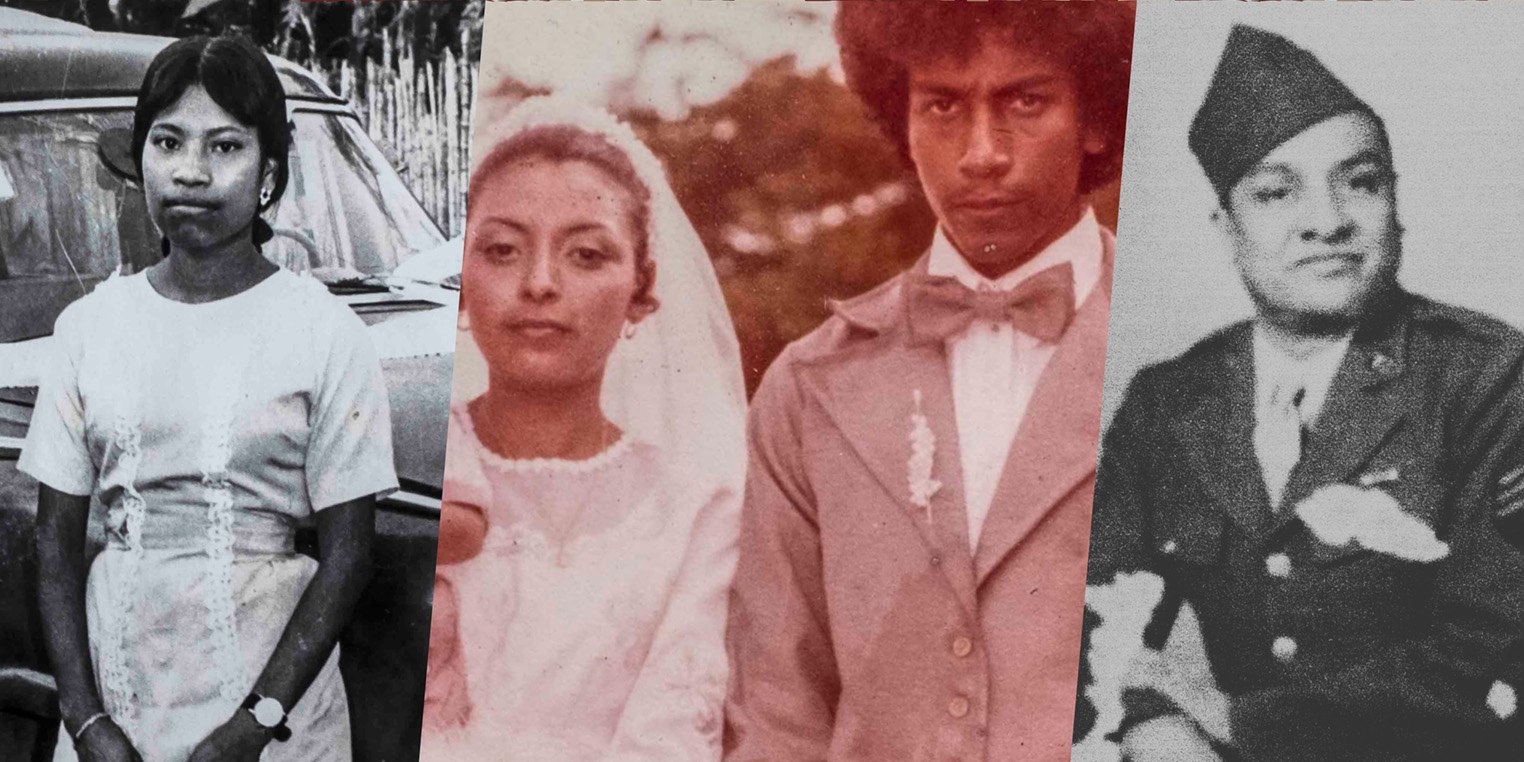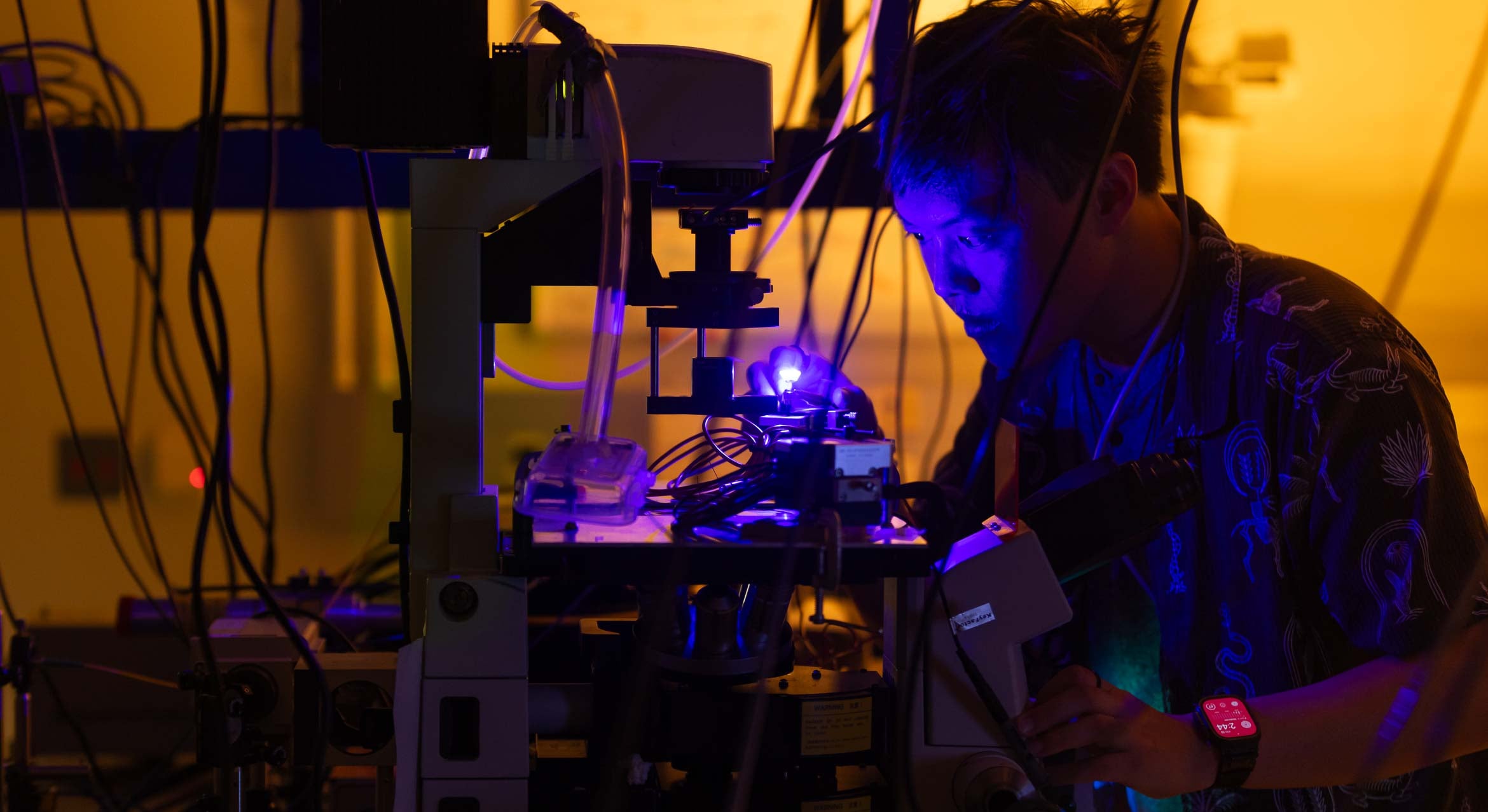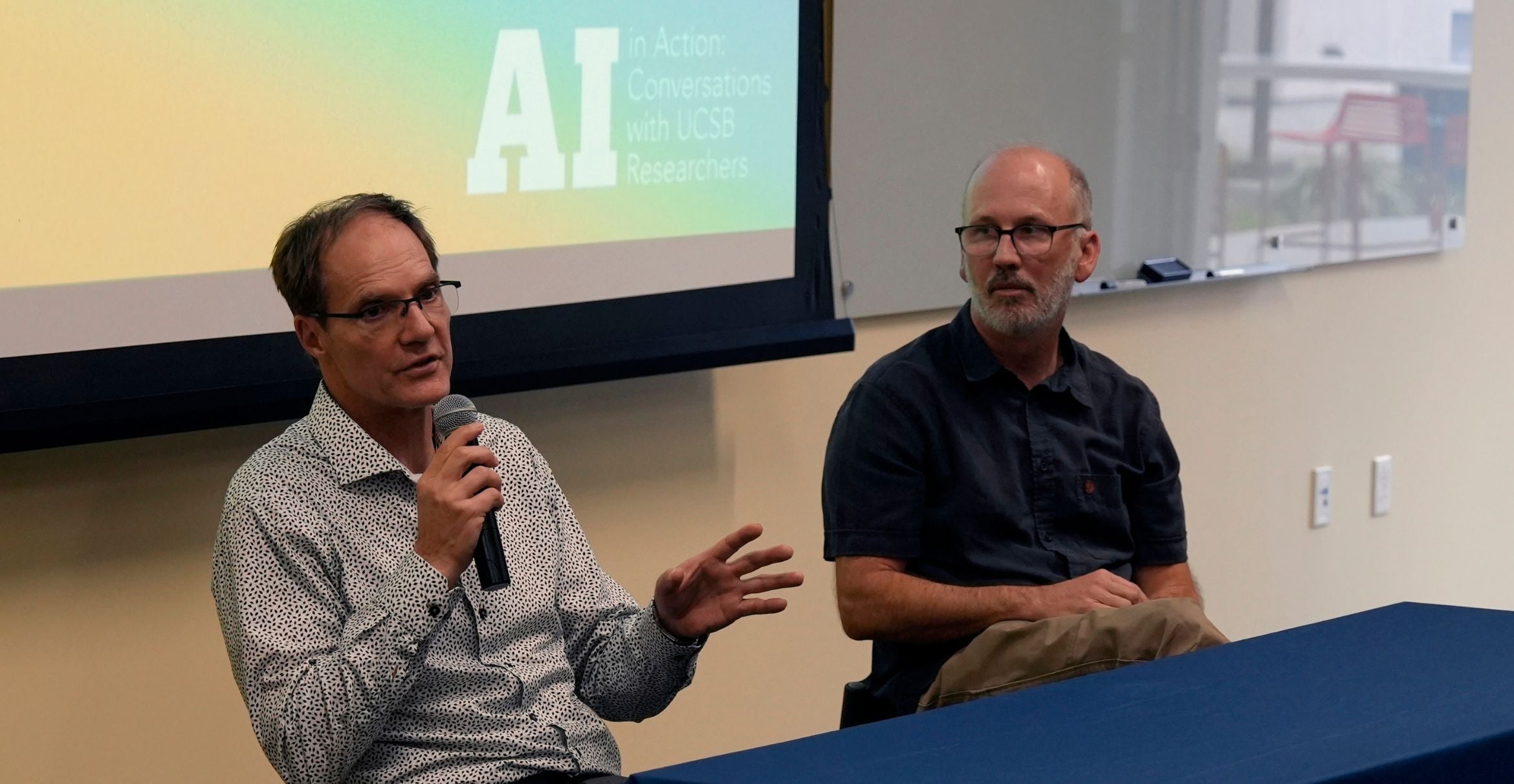Oral history project gathering stories from Afro-Chicanx community

People from across Southern California who identify as AfroMexican, AfroChicanx, Blaxican, AfroHispano, and/or Mexican of the Black/African diaspora are invited to UC Santa Barbara to tell their stories as part of a growing digital archive of oral history interviews.
Oral histories will be recorded from 10 a.m. to 6 p.m., April 5–7, on campus. Registration is required.
“Using digital humanities tools and oral history methods, we are working to create an Afro-Chicanx multimodal and bilingual digital archive for undergraduate students, local and transnational communities and academic departments,” said Micaela Díaz-Sánchez, a professor of Chicana/o studies and co-principal investigator with Dora Careaga-Coleman of the University of New Mexico and University of Arizona’s Michelle Téllez.
The project, “Afro-Chicanx Digital Humanities Project: Memories, Narratives, and Oppositional Consciousness of Black Diasporas,” also includes a photography workshop with photojournalist Koral Carballo at 5 p.m. on April 4 at the Las Maestras Center, located at South Hall 1415. And starting at 4 p.m. on April 6 at the Ortega Welcome House (632 E. Ortega St.) in downtown Santa Barbara, Dora Careaga-Coleman, a professor at the University of New Mexico, will host a culinary workshop on the flavors of the African diaspora.
For more information, email John Jairo Valencia at johnvalencia@ucsb.edu.
Keith Hamm
Social Sciences, Humanities & Fine Arts Writer
keithhamm@ucsb.edu



